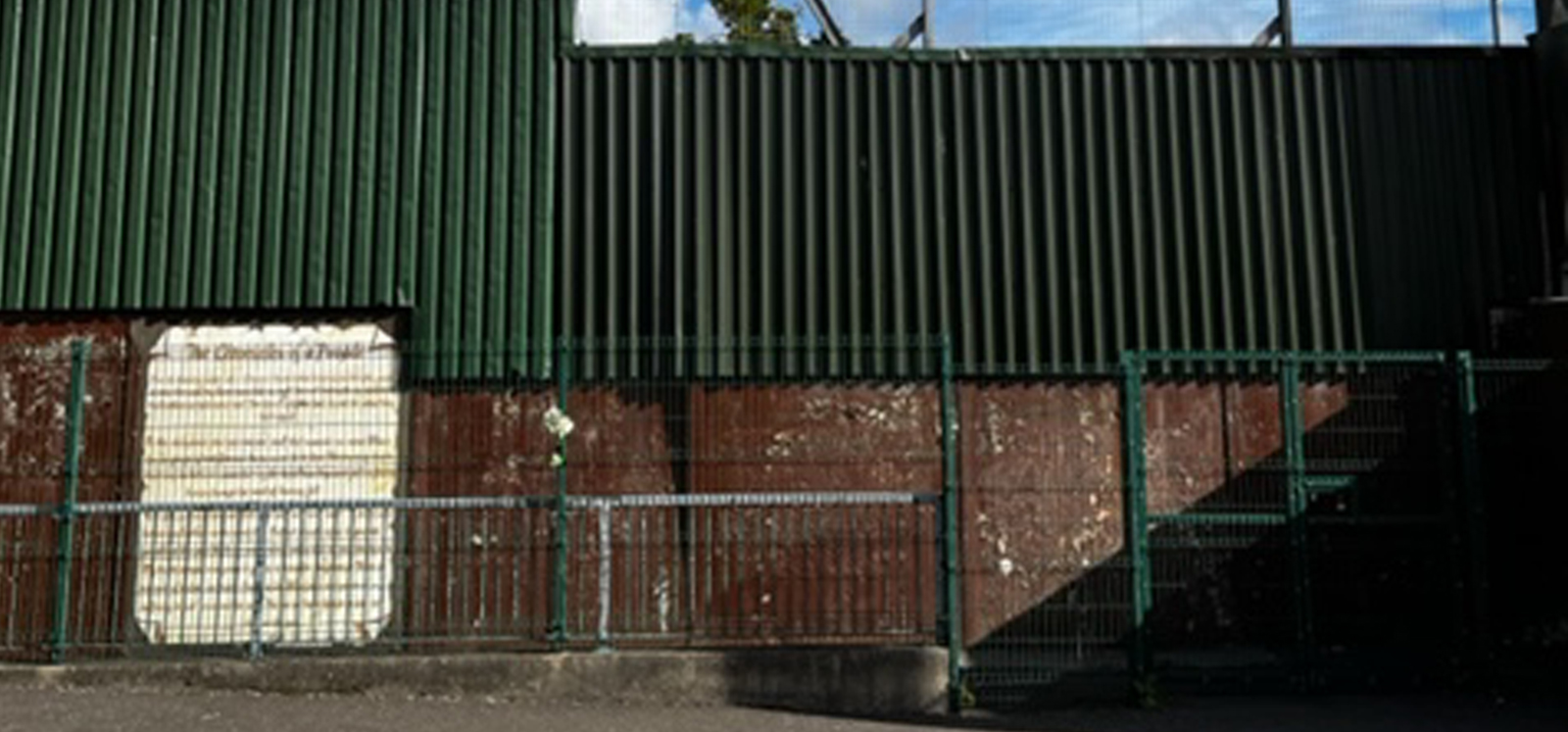Belfast: The Perfect Place to Study Conflict Resolution
Martin Burns, MA on Conflict Transformation and Social Justice Graduate

As I wanted to examine in my dissertation how Sinn Féin persuaded its members to support the Good Friday/Belfast Agreement (the Agreement), it was quite logical that I would do so at Queen’s. In addition to be a world class university, Queen’s had the huge advantage for me of being in Belfast. Studying here gave me extraordinary opportunities to talk with individuals who had participated in the negotiations that led to the Agreement as well as those who had lived through some very difficult years.
Even if one is studying a conflict that is happening or happened in a very different part of the world, Belfast is an outstanding place to study conflict transformation. The city and its people are a reminder that conflict transformation is not something that happens in an academic journal. Instead, it is something that impacts real people.
Given the small size of Northern Ireland and the number of casualties that occurred, it is fair to say that the roughly thirty years of violence that ended with the Agreement in 1998 touched everyone here. Furthermore, as one plaque commemorating the victims of one of the dark moments of the conflict puts it, bullets not only through space but through time. Individuals who were born years after the violence ended are still dealing with trauma of those years passed on to them.
The second reason why studying conflict transformation in Belfast is helpful is because living in the city is a constant reminder that conflict transformation is a process, not an event. The Agreement was approved by leaders of the several political parties and then approved by voters in both parts of Ireland in the spring of 1998. This was a single event. However, the process of transforming years of conflict into a more peaceful and just society is ongoing here in Northern Ireland. Through the years, there have been many moments of great hope and great despair about the course of the conflict transformation process.
Living in Belfast, one easily can notice the ups and downs of the conflict transformation process. As I write in mid-December, the British government is negotiating with political parties on ways to restore government in Northern Ireland. Political life in Northern Ireland, like elsewhere in the world is far from perfect. The assembly in Northern Ireland has been functioning probably for less than half the time it has been in existence. The outcome of the current round of talks is uncertain at best. There are many reasons to be sceptical. However, if you look at the course of events you realise that the conflict transformation process has overcome many obstacles in the past. There are reasons to believe that the current round of difficulties can be surmounted.
Studying conflict transformation in Belfast makes you realize that it is a difficult process requiring bold leaders and strong community involvement, not just a single agreement. It is an ongoing day by day process that can better the lives of individuals. However difficult it might be, conflict transformation is how we all move on to a better and more just society.
Martin recently graduated from the Masters degree programme: Conflict Transformation and Social Justice. His dissertation was on The Politics of Persuasion: How the Irish Republican Leadership Sold the 1998 Good Friday Agreement to their Constituency.
